For effective practice: Note the improvement

In the world of natural therapies, Dien Chan stands out for its holistic and personalized approach, offering practitioners and patients immediate and lasting results. But to fully benefit from this unique facial reflexology method, you need a solid understanding of its principles and techniques.
The International School of Multireflexology – Dien Chan (ISMDC) offers a rigorous and comprehensive learning framework, enabling its students to acquire the skills necessary to effectively assess improvement and not just measure pain. Let’s see why it is important to have an approach focused on improvement rather than pain.
Unlike other care techniques that focus primarily on pain, Dien Chan prioritizes assessing the optimization of your client’s well-being.
Pain is a subjective perception that varies from one individual to another and can be influenced by various factors, such as emotional state and tolerance threshold.
Rather than merely measuring suffering, Dien Chan aims to understand and note the concrete progress felt by the patient.
This approach allows us to observe positive changes and validate or adjust the treatment method in real-time. At ISMDC, we teach how to master this art of evaluating improvement, focusing on progression and the body’s reactions at each stage of care.
Attentive listening and sharp observation
To become a good practitioner in Dien Chan, it is not about memorizing protocols; we must know how to listen and observe. The therapist must free themselves from preconceived ideas and focus fully on the reality of the present moment.
This skill, often underestimated, is crucial for optimally calibrating the treatment. We put a particular emphasis on training in attentive listening to patients, capturing every word, every non-verbal cue, and every response from the body. This approach allows us to adjust our technique according to each individual’s specific needs and their response to various stimulations.
Using an appropriate evaluation scale

Another key to success in Dien Chan lies in using a simple yet effective evaluation scale, ranging from 0 to 10. This scale allows us to quantify the patient’s improvement from their initial state as a reference.
For example, a score of 3 to 5 indicates that we are on the right track and that the technique used is working. If the improvement is minimal or non-existent, we must then adjust the strategy, change the reflexology diagram, or use another multireflex tool.
Throughout the training, we teach you this evaluation method and how to implement it in a clinical setting, ensuring treatment personalization and result optimization.
Measured moderation
One of the fundamental rules in Dien Chan is moderation. Excessive stimulation of reflex points and zones can lead to opposite effects and reduce treatment effectiveness.
Practitioners trained by ISMDC learn to dose each intervention carefully, taking into account the patient’s clinical state, sensations, and specific needs.
By understanding the subtleties of each action, it becomes possible to avoid energy overloads and allow the body to find its own balance.
A complete and structured training
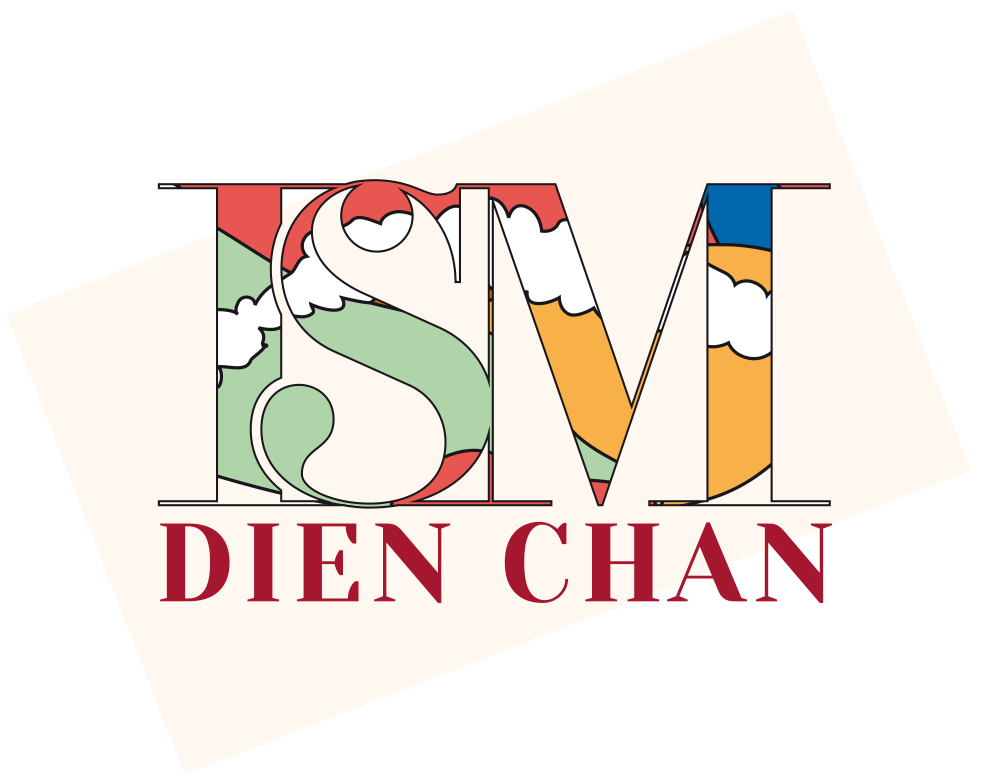
ISMDC offers a comprehensive and structured training that covers all aspects of authentic Dien Chan multireflexology, from theoretical foundations to advanced practices. The courses are designed to provide a logical progression, guiding students from beginner level to professional skills.
The DienChan❜pro and DienChan❜clinic modules allow for a deeper understanding of key concepts while developing specific skills such as identifying “living points” and using bqc·point formulas to encourage the body’s self-regulation.
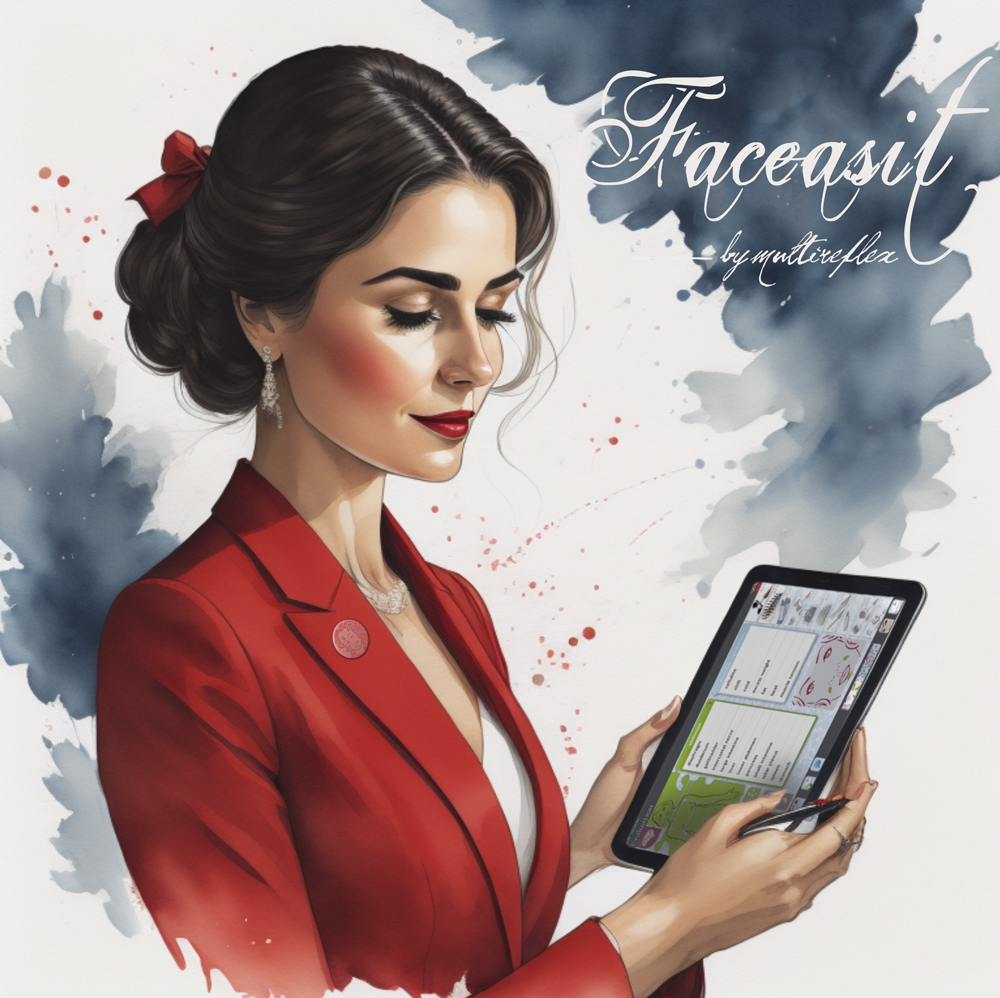
To facilitate the learning and practice of Dien Chan, ISMDC also offers digital tools like the Faceasit software. While technology can inspire and guide practitioners by providing concrete references, it is important to remember that it is just an instrument, like textbooks. The application helps to familiarize with the personalization of bqc·point formulas, explore different combinations based on symptoms and anatomy, and avoid getting stuck in one approach. However, it does not replace the therapist’s skill nor their ability to listen, observe, and adapt their care in real time.
As a talent catalyst, it enriches your practice without ever substituting the human expertise and intuition of the therapist.
Personalized and empathic care
Beyond acquiring theoretical skills, we emphasize the importance of a personalized and sensitive approach. Constant and open communication with the recipient is encouraged throughout the treatment. By establishing an honest dialogue, the practitioner can adjust their techniques in real-time, thus providing care that is truly adapted to the patient’s needs. This also creates a relationship of trust that contributes to more sustainable and satisfactory results.
For this reason, it is essential that every practitioner knows how to listen, feel, and adapt their techniques to achieve results. This is the difference between a simple technician and a true therapist.
In conclusion, learning Dien Chan is not just about mastering techniques; it is about developing an ability to support others in their quest for well-being. ISMDC training focuses on improvement, using effective evaluation scales, and personalized care to help everyone benefit from a better quality of life.
Are you ready to embark on this journey? Register now to start your training with us and learn to master all aspects of Dien Chan to provide personalized and empathetic care.
Don’t miss the opportunity to learn from recognized professionals in the field and make a difference in the lives of those who consult you. Master Dien Chan to optimize their well-being and encourage them to take control of their health.
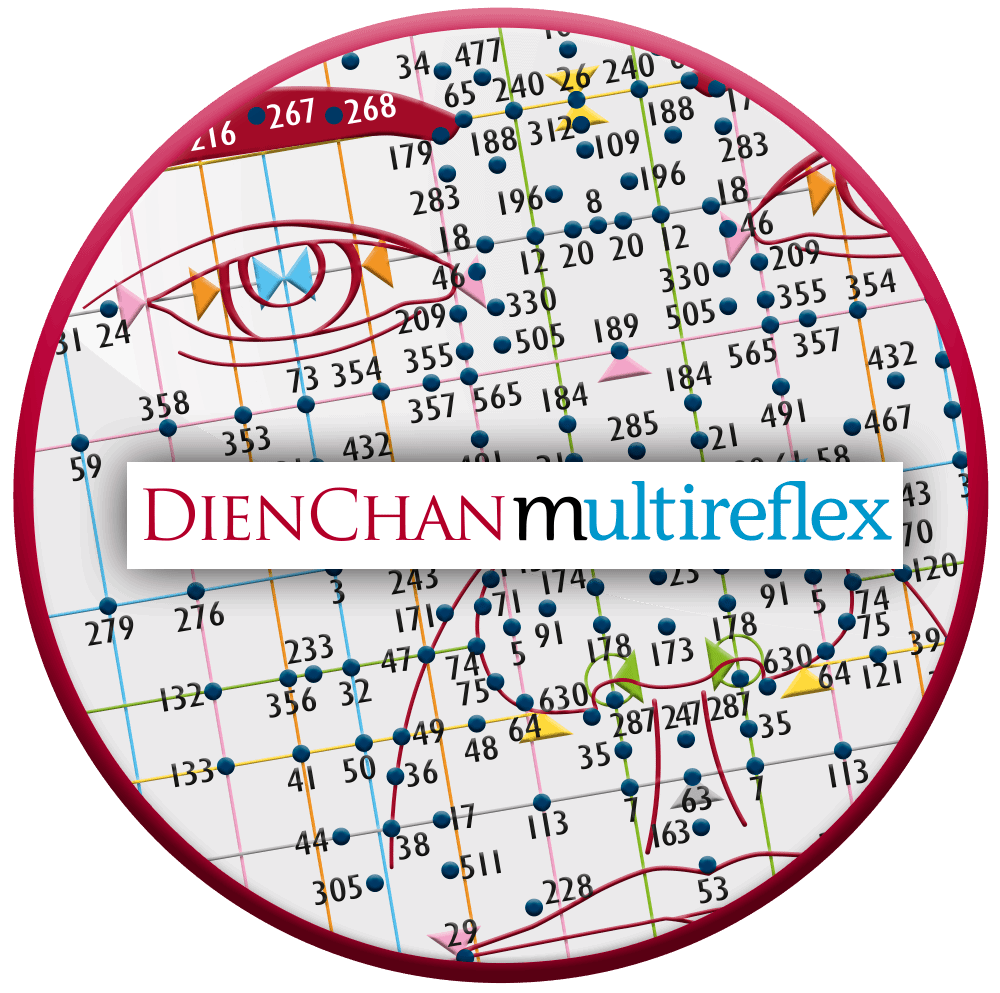

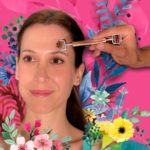
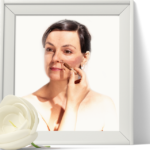
Pingback: Shoulder pain: causes, solutions, and a natural approach - Dien Chan Experts